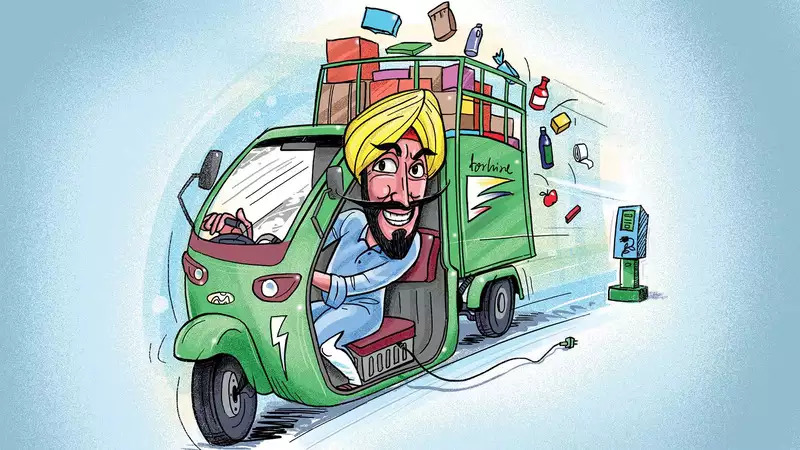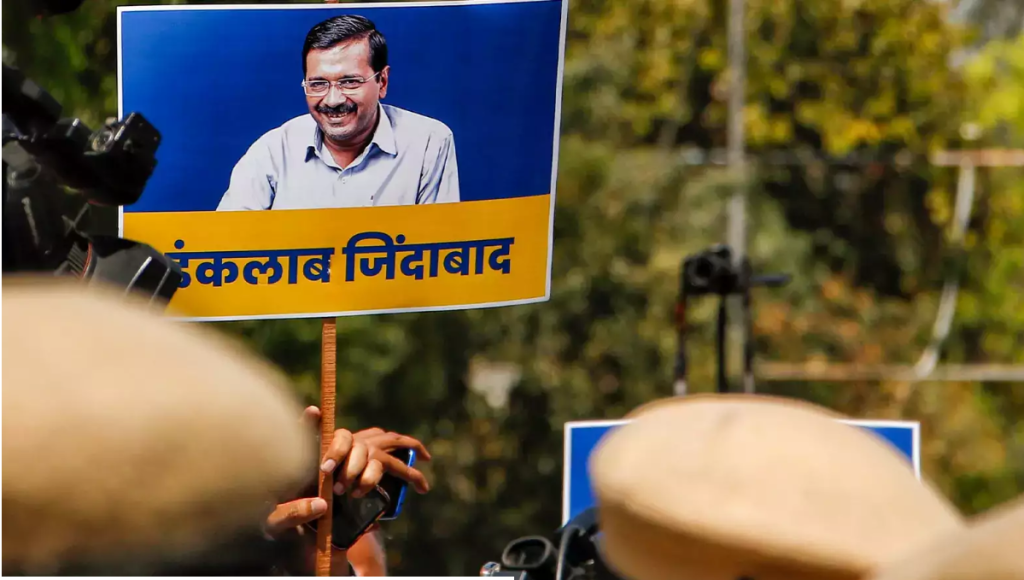Multinational companies are shifting their factories to Third World countries, whose cheap skills make it feasible to convert them into production centres for the global market. Can India become a global production centre for a burgeoning service industry-higher education?
Some will be shocked at the description of education as an industry-they view it as a basic need. I agree that primary education is a basic need which should be supplied free by the state. But higher education benefits individuals rather than the country, and so has a strong commercial aspect which too many intellectuals are unable to admit.
Education needs a lot of skilled labour. This is expensive in rich OECD countries, and explains why US colleges charge up to $ 20,000 a year. Yet these colleges are inundated with applications from all over the world.
You will note that these universities do not shift to Third World Co but Harvard and Oxford will never shift to India. A university is much more than a place of teaching-it also has a cultural ambience rooted in its traditions and geographical location. Oxford means the dreaming spires of ancient colleges, boat races down, the Thames, the acquisition of snob value in the British upper i set, and these characteristics are unshiftable.
But it is certainly possible is to create educational centres of excellence in India which are world class and could successfully seek some sort of affiliation with famous universities. Such Indian super-colleges cannot be the same as Harvard or Oxford, but can be acceptable substitutes from a purely academic viewpoint. This will make them attractive to the global student community. If India becomes a global producer of high-quality graduates, this will do far more than earn dollars from foreign students-it will raise quality-consciousness in the whole of Indian academia, create greater opportunities for Indians, to get a world-class education, and reverse the current drain of top academics to foreign universities. This will doubtless be condemned as elitist by some individuals, but I disagree. The real elitism lies in trying to subsidize higher education for the middle class while ignoring primary education for the masses. Higher education is an elite form of education, not a basic one.
SUPER-COLLEGES: India certainly has the skills needed for super-colleges. What it lacks is political, economic and cultural traditions which places academic excellence at the top of all priorities. Education is in a mess, with low and falling standards in many places. Politics dominates campuses. Mass copying is common. Student bodies have strong political connections and are able to force the postponement of exams, automatic promotions, and other devices which ensure that a degree has nothing to see, not on enforcing high academic standards. Caste-based reservations lead to further politicking and dilution of standards, notwithstanding the fact that they may improve social mobility.
If we wish to create world-class super-colleges, we will have to pay world-class salaries, charge world-class fees, create world-class libraries and have world-class teaching aids. Given lower costs of living in India than in the US or UK, we can offer similar living standards at distinctly lower salaries, and this will mean distinctly lower fees too. But even these will be stiff. Scholarships should be available to talented but unwealthy students, since this should improve rather than diminish academic quality. But caste-based reservations must not be allowed. And the Supreme Court may have to be persuaded to change its detailed prescriptions for fees and admission procedures, which arc designed to curb rapacious capitation-fee colleges without thinking about the implications for world-class centres. The University Grants Commission may also have to be persuaded to think globally before finalising its new guidelines for private sector universities.
Given that slate governments and the UGC arc bust. super-colleges will almost certainly have to be privately funded. This will also insulate them from political interference. An unprecedented sum of money is available lo reputed institution- builders from global donors who are sick of financing corrupt governments, and want to divert some of this to NGOs. Global corporations are increasingly hiring Indian management and technical graduates, and may find it in their self-interest to fund new institutes.
In the midst of the governmental mess we have, amazingly, some excellent institutes of technology and management. We should expanding them to include more foreign students and charge closer to world-class fees. Many students migrate anyway, so we need to move towards a move formal globalisation. Several-students receive job offers as soon as they are admitted, so it seems.
feasible lo charge even unwealthy students high fees. financed, by loans from prospective employers.
These are merely some ideas; on, creating super-colleges, not a \’detailed blueprint, and my aim \’is simply to get a discussion going What I want to highlight is that\’ we have hitherto discussed college education in terms of self-? sufficiency. This outlook has limitations. In higher education too, we need to move from \’self sufficiency to a globalised.\” outlook.




